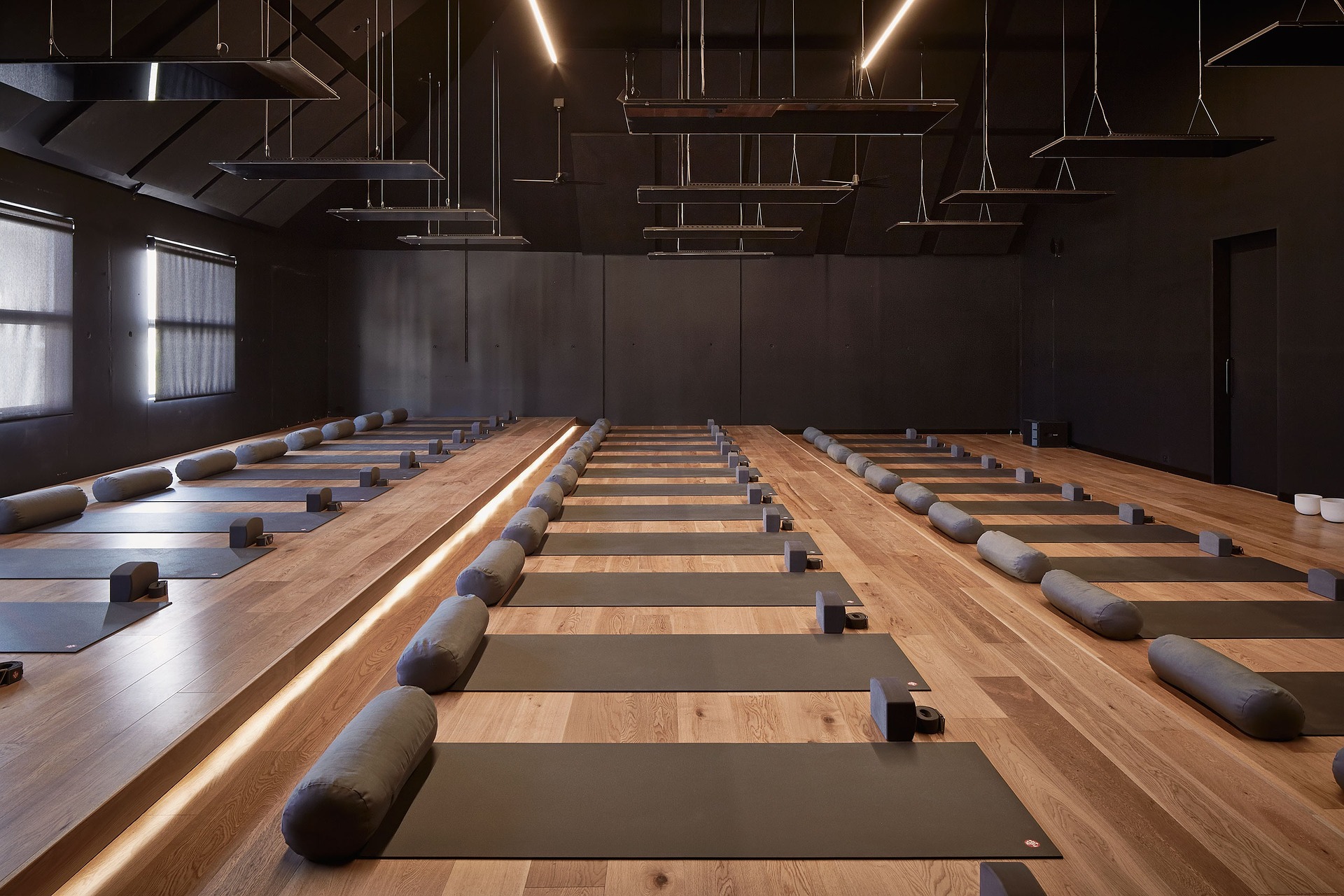ClassPass Boosts Access to Exercise Studios
-
-
slice.mit.edu
- 4
Filed Under
Recommended

Update: Payal Kadakia recently shared her journey to founding ClassPass on No Limits with Rebecca Jarvis. Of founding ClassPass she told Jarvis, "I fought for a way to keep dance in my life and with ClassPass I believe I'm fighting for everyone else to keep their passion in their life.” Listen to Kadakia talk in-depth about balancing career and dance performances, lessons from business consulting, and learning to see herself as an entrepreneur. And read Slice of MIT’s original 2015 coverage of Kadakia, below.
Payal Kadakia '05 grew up dancing. When she came to MIT, her dancing became an ideal retreat from her studies. “I found a lot of solace finding time to dance,” Kadakia remembers.
Finding time for her hobby at MIT was challenging, but became even more difficult after graduation. The Course 15 alumna followed what she called a “safe path” and took a job at a consulting firm, but the long hours left no time for dance and made her feel disconnected. “I began to wonder how many people felt like this,” she says.

Kadakia left her job in consulting for a job with more regular hours, but soon left that job too. She then gave herself a month to figure out what she wanted to do next. Inspired by her own struggle for balance, Kadakia came up with the idea for her company, ClassPass. Kadakia admits that while she never thought of launching her own business while at MIT, the idea felt right.
ClassPass first launched as a service called Passport that allowed users to try out a new fitness studio at a discounted rate before registering as a full member. But Kadakia saw that people weren’t using Passport as intended—users were attempting to try several new studios as opposed to just one.
“We realized people didn’t want to be restricted to just one studio,” she says and then she decided to change her business plan. “Whenever people want to give you money and you want to turn them away, it’s always a good moment to think,” she says.
Kadakia refined Passport into ClassPass, a service that allows members pay a flat monthly fee to access classes at any fitness studio in the ClassPass network up to three times per month. This open access lets users take classes at times that work for them, rather than be restricted to one studio’s schedule.
As Kadakia suspected, ClassPass is hit a nerve with users who want flexibility in their fitness and hobbies. ClassPass now operates in over two dozen cities. Exercisers aren’t the only ones who enjoy the service—fitness studios often operate with fixed costs, so the more people joining in for a class, the better financially.
As ClassPass takes off, Kadakia feels she finally found balance and the right career path. “At MIT, I never thought about starting business,” she says, “but I wanted to change the world and get people to live better lives.” With ClassPass, she feels she is doing just that.
This post was originally published in May 2015 and updated January 2019








Comments
Samuel
Wed, 04/20/2016 1:56pm
While I understand the concern of causing conflict by introducing class pass to your studio, it really isn't so much of a concern that existing clients will become upset. We already offer a free trial session as most confident gym owners would (the idea in mind that once you're exposed to our style of training you won't want to leave).
That being said, bringing a first timer into the gym while collecting revenue and generating a solid lead, seems like a win/win. Users don't have the ability to abuse your memberships because they are capped at 3 sessions for the month. We see a lot of the same faces consistently, our existing clients have connected with some so well that they became full time members of ours.
People may look at class pass as devaluing or discounting your service. I'm here as a gym owner just to say that really isn't the case. This platform is great for users, and studio owners alike. Without taking any additional time out of our day we are building revenue and filling space that otherwise would take additional effort to fill.
Stick with the old saying- don't knock it til you tried it.
Linna
Sun, 02/07/2016 9:00pm
Not all members abandon their studios as someone mentioned in the comments above. I actually pay for a class package for one of my favorite spinning studios because, despite the fact that this studio is on ClassPass, the most popular instructor's class is ALWAYS booked even before spots for ClassPass even open. I don't think it's worth the hassle, so I choose to have the ability to pick my spot in the spinning class and determine my schedule for that studio. It is true that a lot of people have a CP membership because the y don't want to be tied down to one studio and enjoy hopping around, but for those who remain loyal to their studios, CP can only add to their fitness routines.
Hajime Sano
Thu, 05/21/2015 1:37pm
Way to follow your passions Payal! Best of luck with your venture.
Haj Sano '82
Erin Smith
Wed, 05/20/2015 10:00pm
The smartest move Soulcycle made was staying a Premium Service and saying no to classpass. I have run studios for years. Classpass does not work for studios. Your membership will leave you for classpass once members learn they are paying double what the others in your classes are paying. Your user base will be very angry at you. Incremental revenue is the fantasy that classpass is selling. It does not work out that way. Members abandon studios for classpass. Your loyal user base will not be happy to learn that they are paying $25 and you just sold classes to classpass at $10. You will become a $10 an hour studio and will compete with every other $10 studio around you on a per class basis for users. You will be owned by classpass.
2 articles against Classpass in the New York Times:
http://www.nytimes.com/2015/04/02/fashion/classpassdeep-discounts-but-some-discontent.html?_r=1
She would rather pay full price at SoulCycle than see the studio become even more crowded. “I’m like, ‘Please don’t join ClassPass,’ ” she said.